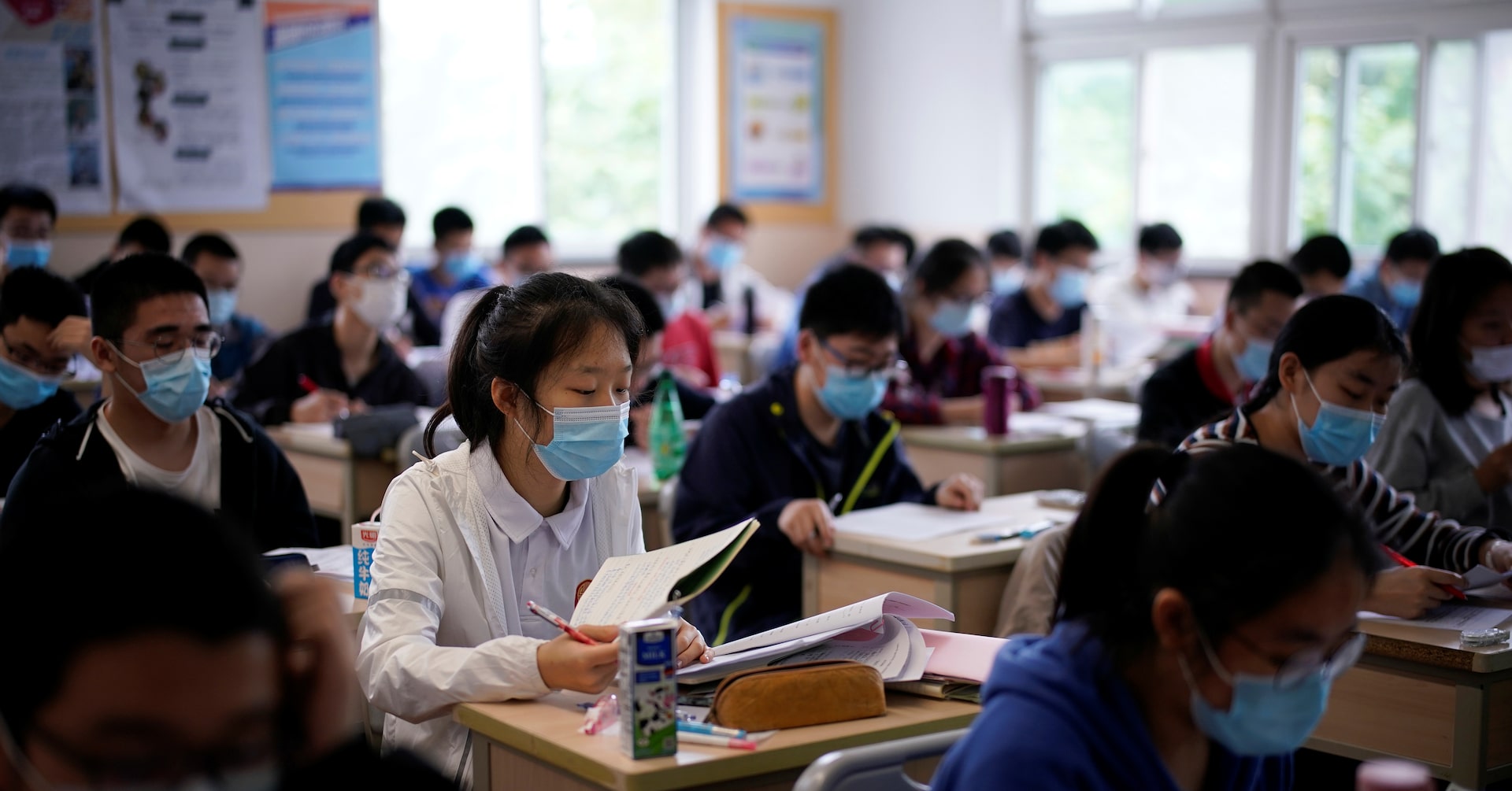STEM Revolution: China's Bold Plan to Supercharge Classroom Science Learning

In a strategic move to fuel technological advancement, China's Ministry of Education has issued a compelling directive to primary and secondary schools nationwide. The mandate emphasizes the critical importance of strengthening science education as the country seeks to drive innovation and unlock new economic opportunities.
Recognizing that scientific and technological prowess is key to maintaining its competitive edge, China is taking proactive steps to nurture the next generation of innovators. By prioritizing science education from an early age, the world's second-largest economy aims to cultivate a robust pipeline of talent capable of pushing the boundaries of research and development.
The initiative underscores China's commitment to transforming its educational landscape, ensuring that students are equipped with the skills and knowledge necessary to contribute to the country's technological evolution. As global competition intensifies, this strategic focus on science education represents a forward-thinking approach to creating sustainable economic growth and maintaining technological leadership.

